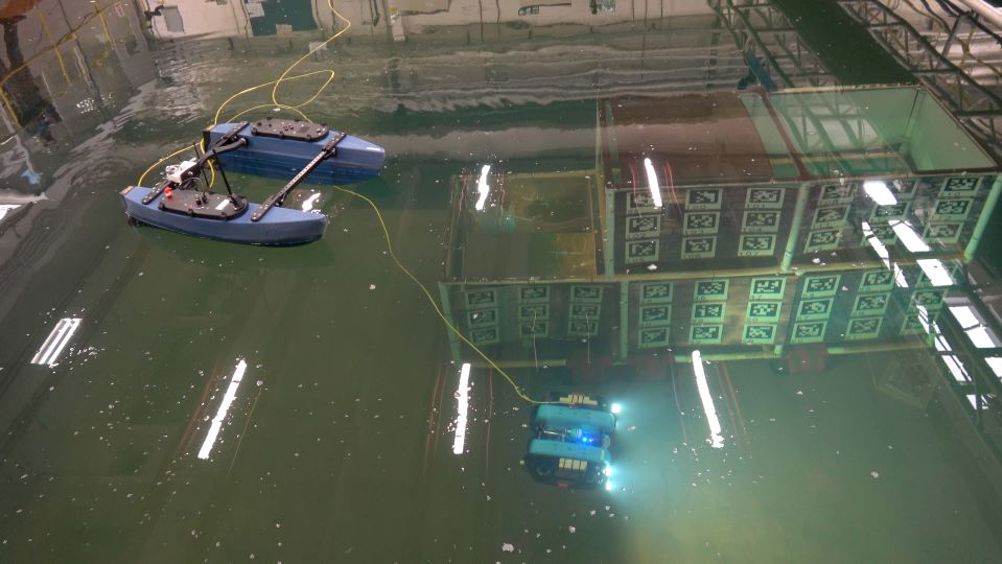AI to enable autonomous underwater robots to maintain offshore wind farms
Maintaining offshore wind turbines could be greatly improved by UNITE, a project developing AI and control systems that allow underwater robots to operate autonomously in turbulent seas.

The technology is currently undergoing trials as part of UNITE (Underwater Intervention for Offshore Renewable Energies), an EPSRC Prosperity Partnership programme led by Heriot-Watt University in collaboration with Imperial College London, geo-data specialist Fugro and underwater software developer Frontier Robotics, and supported by the National Robotarium, the UK’s centre for robotics and AI.
The project’s outcomes could ‘dramatically reduce’ the need for large maintenance vessels in offshore wind farm operations, supporting a shift towards fully remote operations and enhancing safety by reducing the need for personnel to work in hazardous offshore environments.
In a statement, David Morrison, project manager at the National Robotarium, said: “Our trials are showing promising results in enabling underwater robots to maintain stable contact with offshore structures in challenging conditions. If successful, the technology could transform offshore wind maintenance, potentially reducing fuel consumption of maintenance missions by up to 97 per cent - from 7,000 litres per day to just 200 litres. This could significantly lower both operational costs and the carbon footprint of maintenance.”
Register now to continue reading
Thanks for visiting The Engineer. You’ve now reached your monthly limit of news stories. Register for free to unlock unlimited access to all of our news coverage, as well as premium content including opinion, in-depth features and special reports.
Benefits of registering
-
In-depth insights and coverage of key emerging trends
-
Unrestricted access to special reports throughout the year
-
Daily technology news delivered straight to your inbox










Water Sector Talent Exodus Could Cripple The Sector
Maybe if things are essential for the running of a country and we want to pay a fair price we should be running these utilities on a not for profit...